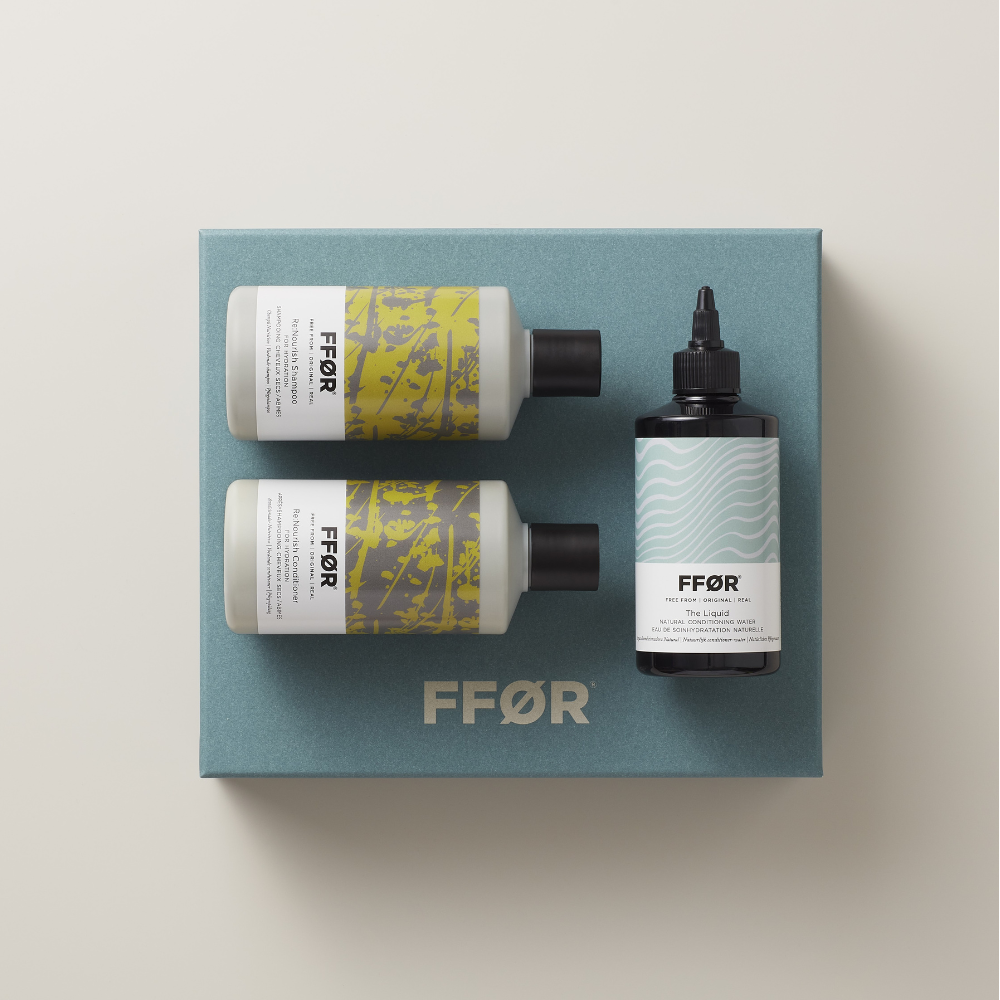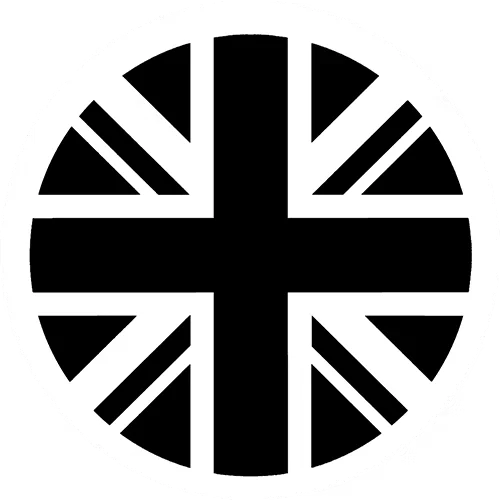There are a few different reasons that a dry scalp can happen - and you might not even realise that some steps in your daily routines might be making your scalp feel worse. It might be that you only experience it at certain times of the year, or if you use certain products. Here are some of the most common reasons for a dry scalp.
Washing your hair too often, or using water that’s too hot can disrupt the natural moisture balance of your scalp. It can strip away natural oils, leaving your scalp feeling dry and looking flaky. Turning down the heat when you wash your hair, using gentle hair products and trying to go a little longer between washes can all help your scalp to stay in balance. A colder shower or bath can actually be great for your skin and overall wellbeing too.
The weather can also have an impact on your scalp too. If you live somewhere with cold, dry air (especially during winter), this can affect the natural balance of your scalp too. If you’re in a lot of artificially heated spaces, this can also dry out your scalp. The winter can be tough on your hair and scalp because of this.
Hair care products that use harsh ingredients, like sulphates and parabens, can cause dryness and irritation. That’s why all of our products are sulphate and paraben-free - research shows they aren’t good for the health of your hair and scalp.
Some skin conditions can cause similar symptoms to a dry scalp. Eczema, psoriasis and seborrheic dermatitis can make your scalp feel dry, sore and flaky. If you think any of these medical conditions might be the reason behind your dry scalp, speak to your doctor to get treatment.







